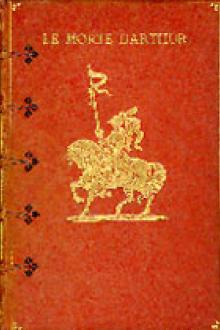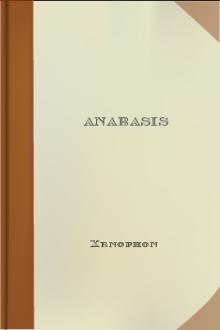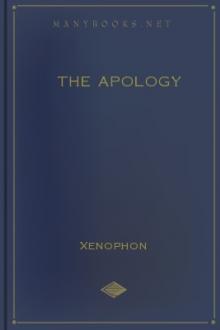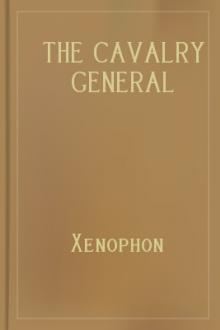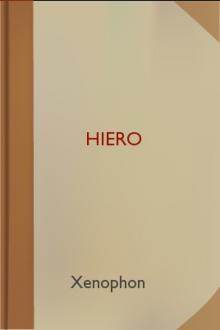Cyropaedia
Cyropaedia
Translated by H.G. Dakyns
Book Excerpt
ceive, stands most in need of care. During the day they present
themselves before the governors for service to the state, and,
whenever necessary, they remain in a body round the public buildings.
Moreover, when the king goes out to hunt, which he will do several
times a month, he takes half the company with him, and each man must
carry bow and arrows, a sheathed dagger, or "sagaris," slung beside
the quiver, a light shield, and two javelins, one to hurl and the
other to use, if need be, at close quarters. [10] The reason of this
public sanction for the chase is not far to seek; the king leads just
as he does in war, hunting in person at the head of the field, and
making his men follow, because it is felt that the exercise itself is
the best possible training for the needs of war. It accustoms a man to
early rising; it hardens him to endure head and cold; it teaches him
to march and to run at the top of his speed; he must perforce learn to
let fly arrow and javelin the moment the quarry is across his path;
an
FREE EBOOKS AND DEALS
(view all)Popular books in Poetry, Fiction and Literature, Essays
Readers reviews
1.0
LoginSign up
If this were published today it would be termed a historical novel – and an extremely bad one. It strays so far from the known facts of Cyrus’ life that if he were unnamed in the text there’s no way his identity could be determined. Xenophon of course has an ulterior motive in writing it: he wants to draw a picture of the perfect ruler. Unfortunately, and not for the first time, Xenophon shows himself to be an absolute plonker, God love him. What he gives us is a picture of smug princeling surrounded by sycophants.
Interesting as a sort of Greek proto-novel, but not otherwise.
Interesting as a sort of Greek proto-novel, but not otherwise.
- Upvote (0)
- Downvote (0)

 Free Download
Free Download
















